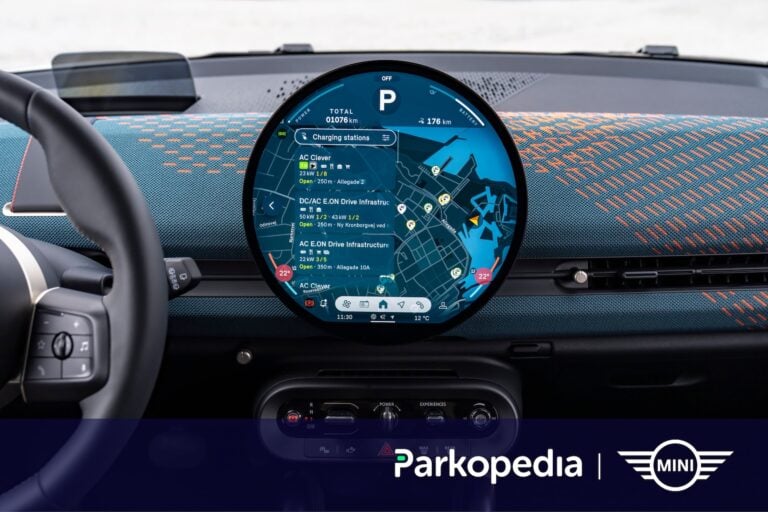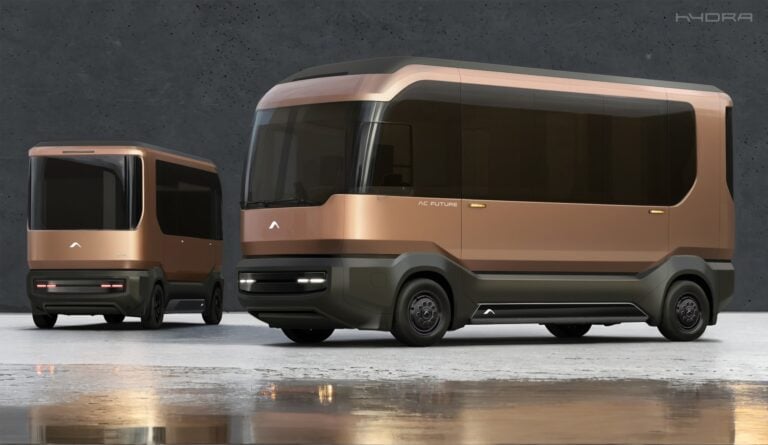Polestar has unveiled a Life Cycle Assessment (LCA) for its latest model, Polestar 4. The results demonstrate that this vehicle boasts the smallest carbon footprint amongst all Polestar vehicles, registering as low as 19.4 tons of CO2e at its debut.
Why It Matters
The global push for sustainability is rapidly gaining traction. With growing concerns about the environment, there’s a pressing need for industries, especially the automotive sector, to align with these environmental objectives. The LCA of the Polestar 4 signals a significant leap towards reducing carbon emissions in vehicle manufacturing.

Key Points
- The Polestar 4 is manufactured in the SEA factory, owned by Geely Holdings, situated in Hangzhou Bay, China.
- The factory utilizes green energy, including I-REC certified hydro power and photovoltaic electricity generated from its roof.
- Emphasis on using low-carbon aluminum, particularly from hydro-powered smelters, plays a pivotal role in slashing climate impact.
- The assessment marks the first time data concerning the proportion of recycled aluminum was incorporated.
- Breakdown of carbon footprints for different variants:
- Polestar 4 Standard range Single motor: 19.4 tCO2e
- Long range Single motor: 19.9 tCO2e
- Long range Dual motor: 21.4 tCO2e
- Material-wise carbon footprint distribution:
- Aluminum: 23-24%
- Steel and Iron: 20%
- Battery modules: 36-40%
Bottom Line
Fredrika Klarén, the Head of Sustainability at Polestar, commented on the LCA: “To support our net zero ambition, carbon budgets have been established for all our vehicles. Throughout Polestar 4’s development, this carbon budget has steered choices, from materials to energy sources at factories. By making our LCA public, we’re emphasizing our commitment to achieving net zero—one ton of CO2e at a time.”
Polestar’s drive for transparency is evident in its practice of revealing the carbon footprint of all its models since 2020. The Swedish EV manufacturer contends that the automobile sector should spearhead the transition to eco-friendly mobility. Transparent LCAs provide consumers with clear data, empowering them to make informed choices while purchasing vehicles.








